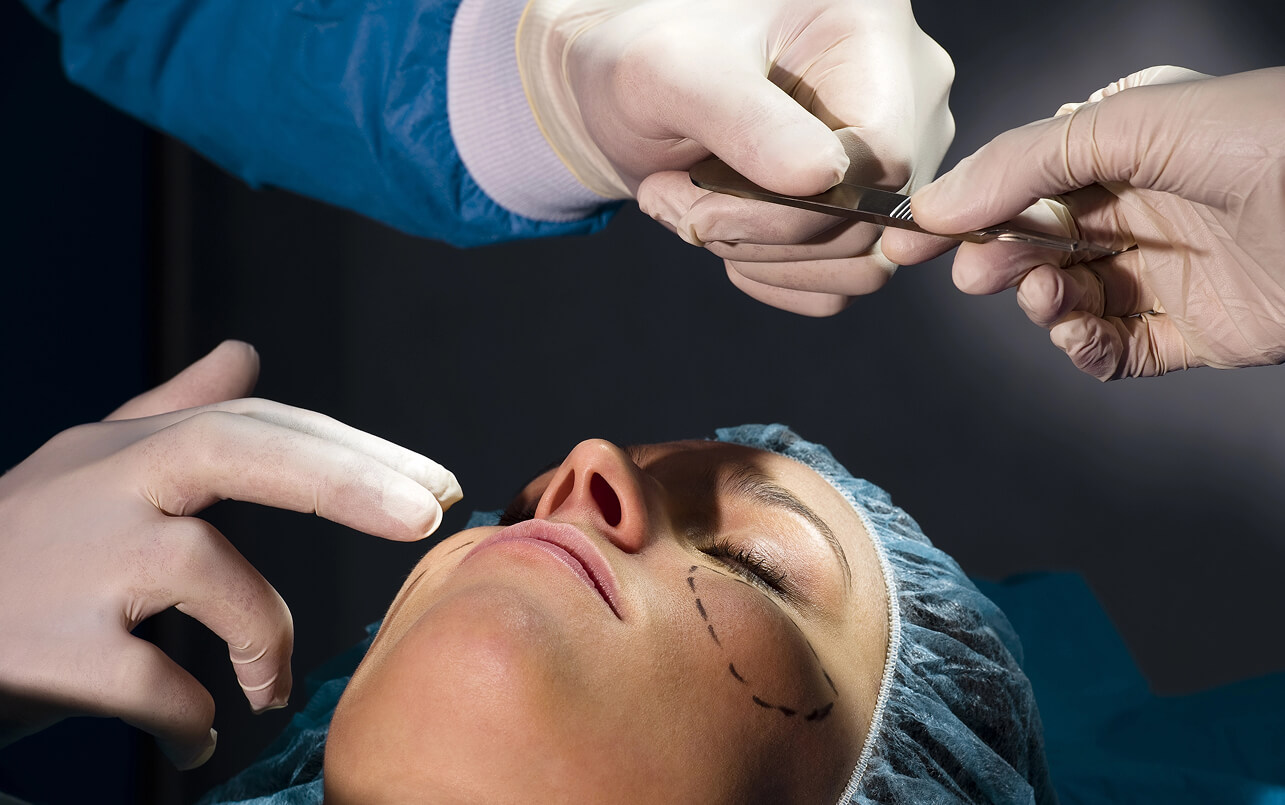
When considering plastic surgery, many focus on the procedure itself but often overlook the surgeon’s qualifications. Board certification isn’t just a title—it reflects a surgeon’s rigorous training, expertise, and commitment to safety that directly impact results and patient wellbeing. Understanding why this credential matters can empower you to make an informed choice, ensuring your aesthetic journey is both safe and successful.
Board certification in plastic surgery goes beyond a basic medical license—it signifies that a surgeon has met stringent national standards for training, skill, and ethical practice. Unlike general medical licenses, board certification requires completing a rigorous residency specifically in plastic surgery, followed by passing comprehensive exams that assess both knowledge and practical expertise. This process ensures the surgeon is equipped to handle the complexities of cosmetic and reconstructive procedures safely. Importantly, board certification also involves ongoing education and periodic re-evaluation, reflecting a commitment to staying current with the latest advancements. For patients, this credential offers assurance that their surgeon is not only qualified but dedicated to delivering high-quality care with patient safety as a priority—a factor often overlooked in favor of marketing claims or surface-level experience.
The biggest difference lies in training, testing, and oversight. Board-certified plastic surgeons complete accredited residency programs, pass rigorous exams, and stay current with medical advances through ongoing education. Non-certified providers may call themselves “cosmetic surgeons,” but they might not have formal surgical training—or any in plastic surgery specifically. Some may come from unrelated fields like dermatology or even dentistry. Without board certification, there's no standardized proof of their surgical ability or safety record. Patients may not realize this distinction until complications arise. Certification isn’t just a title—it reflects a surgeon’s commitment to safe, skilled, and ethical practice.
Verifying a surgeon’s board certification is quick and essential. Visit the American Board of Plastic Surgery (ABPS) website and use their “Verify Certification” tool to confirm if your surgeon is certified. It’s important to search by full name and location, since some surgeons may use similar titles. Be cautious of certifications from boards that sound legitimate but lack rigorous standards. Real board certification from ABPS means the surgeon meets the highest level of training, ethics, and safety protocols in plastic surgery—not just aesthetics.
Board certification isn’t just about prestige—it directly affects your safety and results. Certified plastic surgeons are trained to handle complications in real time, not just perform procedures under perfect conditions. This means they’re more prepared if something unexpected happens during or after surgery. They also follow strict ethical and clinical guidelines, which reduce the chances of infections, scarring, or the need for revision surgeries. Board-certified surgeons also operate in accredited surgical facilities, where emergency equipment and trained staff are available—an often-overlooked detail that dramatically increases patient safety. Unlike non-certified practitioners, certified surgeons are committed to continued education, keeping up with safer techniques and better technologies. For patients, this translates to fewer risks, faster recovery, and results that last.
While board certification is crucial, other credentials also reveal a surgeon’s expertise.
Some surgeons complete additional fellowships focused on specific procedures like facial reconstruction or breast surgery, enhancing their skills beyond general plastic surgery.
Having privileges at reputable hospitals means the surgeon meets strict standards, including ongoing evaluations by peers.
Memberships in respected organizations, such as the American Society of Plastic Surgeons, indicate commitment to ethical practice and continuing education.
Considering these credentials alongside board certification gives a fuller picture of a surgeon’s qualifications and dedication to patient safety and quality outcomes.
One common myth is that any doctor offering cosmetic procedures is a “plastic surgeon.” In truth, many non-board-certified doctors market themselves this way without formal plastic surgery training. Another misconception is that state medical licenses guarantee expertise. While a license allows a doctor to practice medicine, it doesn’t mean they’re trained in surgical techniques or aesthetics. Some patients also believe “board-certified” means the same across specialties. But only certification by the American Board of Plastic Surgery ensures advanced, specialized training in cosmetic and reconstructive procedures. Finally, flashy credentials or social media popularity can mislead patients—true board certification doesn’t always come with a large online presence, but it does ensure safety, skill, and accountability.
Choosing a plastic surgeon is a deeply personal decision, but board certification is one of the most reliable indicators of a surgeon’s training, ethics, and commitment to safe, effective care. Beyond titles or marketing claims, board-certified plastic surgeons undergo years of rigorous education and testing to ensure they meet the highest standards in the field. When your appearance, health, and confidence are on the line, you deserve nothing less.
To learn more or to consult with a trusted board-certified expert, visit us or call 520-526-2082 to schedule your appointment.